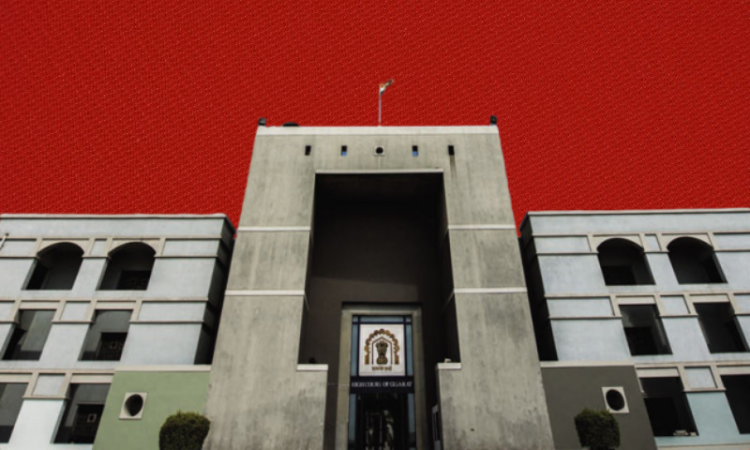No Fraudulent Intention Established: Gujarat High Court Quashes Penalty
Mariya Paliwala
13 Dec 2022 7:00 PM IST

Next Story
13 Dec 2022 7:00 PM IST
The Gujarat High Court has held that the department could not establish any element of tax evasion with fraudulent intent or negligence.The division bench of Justice Sonia Gokani and Justice Mauna M. Bhatt has observed that the delay was of almost 4 1⁄2 hours before the e-Way bill could expire. It appeared to be bonafide and without establishing any fraudulent intention.The...
